How to Choose the Best Headphones for Your Needs
Introduction
Choosing the right headphones can significantly enhance your audio experience, whether you’re a music enthusiast, a gamer, or someone who simply wants to enjoy clear sound without distractions. With the wide array of options available today, understanding your specific needs and preferences is crucial.
Understanding Different Types of Headphones
When embarking on your headphone selection journey, it’s important to first grasp the differences between various types available:
In-ear Headphones
In-ear headphones are compact and portable, fitting snugly into your ear canal. They are ideal for on-the-go use.
Advantages
In-ear headphones are lightweight and portable, offering decent sound isolation.
Disadvantages
Some users may find them uncomfortable for extended wear periods.
On-ear Headphones
On-ear headphones rest on the outer ear, providing a balance between portability and sound quality.
Advantages
They are more comfortable than in-ear headphones for extended use and often provide better sound quality.
Disadvantages
They may not completely block outside noise.
Over-ear Headphones
Over-ear headphones encompass your entire ear, offering superior sound quality and comfort.
Advantages
Excellent sound quality, comfort for long listening sessions, and effective noise isolation.
Disadvantages
They can be bulky and less portable than other types.

Key Considerations When Choosing Headphones
Several factors should influence your decision:
Sound Quality
The primary consideration for any headphone purchase should be sound quality. Look for headphones with a wide frequency response and low distortion.
Comfort and Fit
Comfort is essential, especially if you plan to use headphones for extended periods. Consider adjustable headbands and soft ear cushions.
Wired vs. Wireless
Wired headphones typically offer better sound quality and do not require charging. Wireless headphones provide freedom of movement but require battery power.
Noise Cancellation
Active noise cancellation reduces ambient noise, enhancing your listening experience in noisy environments.
Battery Life
For wireless headphones, battery life is critical. Look for models that offer sufficient playback time on a single charge.
Durability
Check the build quality and materials used. Headphones designed with robust materials tend to last longer.
Design and Style
Choose headphones that match your style preferences and intended usage scenarios.
Price Range
Set a budget based on your needs and prioritize features accordingly. Entry-level, mid-range, and premium options cater to different budgets.

How to Assess Sound Quality
Understanding technical specifications like frequency response, impedance, and types of drivers can help you evaluate sound quality objectively.
Frequency Response
A wider frequency response range generally indicates better audio fidelity across different types of music.
Impedance
Higher impedance headphones require more power but can deliver clearer sound at higher volumes.
Drivers
Different types of drivers (dynamic, planar magnetic, electrostatic) impact sound quality and performance.
Open-back vs. Closed-back
Open-back headphones provide a more natural soundstage but may leak sound. Closed-back headphones offer better noise isolation.
Comfort and Fit
Comfort is subjective but crucial for enjoyable long-term use. Consider factors like earpad materials and adjustability.
Wired vs. Wireless Headphones
Evaluate the pros and cons of both types based on your lifestyle and usage patterns.
Noise Cancellation Technology
Understand how active and passive noise cancellation technologies work and when each is beneficial.
Battery Life
Consider the duration of wireless headphones’ battery life to ensure they meet your daily usage needs.
Durability and Build Quality
Investigate the materials used and check customer reviews for insights into durability.
Design and Style
Choose headphones that not only sound great but also match your personal style preferences.
Price Range and Budgeting
Determine your budget early on to narrow down options that fit your financial constraints.
Brand Reputation and Reviews
Research trusted headphone brands and read reviews from reliable sources before making a purchase.
Testing Headphones Before Purchase
Whenever possible, test headphones in person to ensure they meet your expectations for sound quality and comfort.
Conclusion
Choosing the best headphones involves balancing technical specifications with personal preferences. By considering factors like sound quality, comfort, and usability, you can find headphones that enhance your listening experience significantly.
FAQs
FAQ 1: What should I prioritize when choosing headphones? FAQ 2: Are wireless headphones better than wired? FAQ 3: How do I know if headphones will be comfortable for long periods? FAQ 4: Is noise cancellation necessary for everyday use? FAQ 5: What is the best headphone brand?
This structured approach ensures the article is comprehensive, engaging, and informative, catering to both search engine optimization (SEO) requirements and reader engagement.



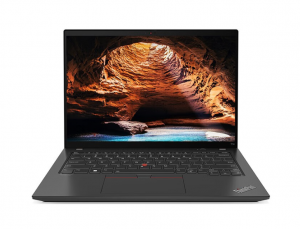
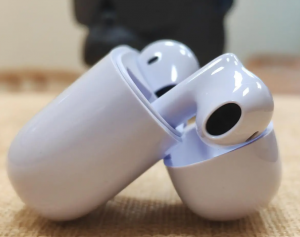
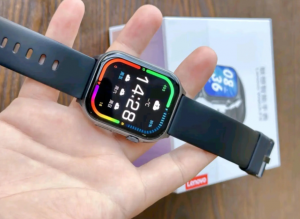

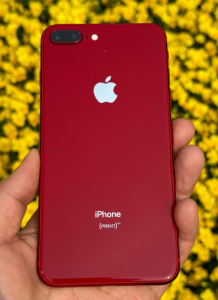
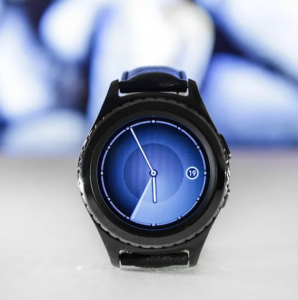

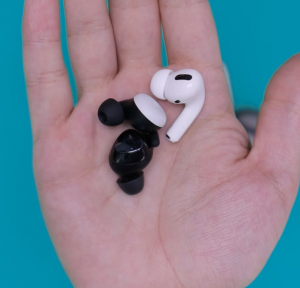

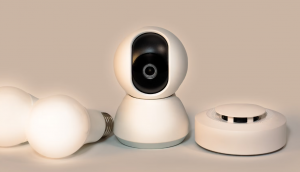
Post Comment